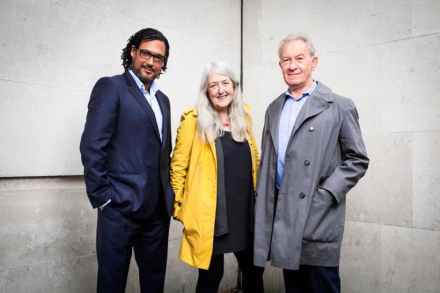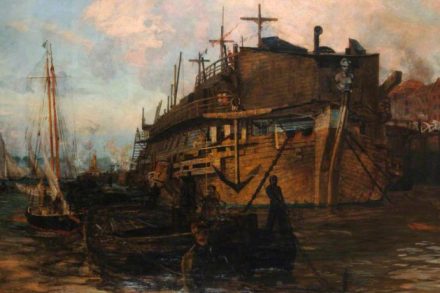Good morning, Martha
Like a breath of fresh air Martha Kearney has arrived on Radio 4’s Today programme, taking over from Sarah Montague (who will now host the lunchtime news programme formerly presided over by Kearney). Her presenting style is just so different, less confrontational, more investigative, perhaps developed by her because at lunchtime the mood is different, less rushed, more ambulant. The tone on the World At One was always much more reflective than reactive, Kearney pondering events rather than racing through to the next interview, butting in, hustling, flustering her guests. On Monday morning’s Today, she interviewed the author of a book on ‘elastic thinking’. Leonard Mlodinow, a theoretical physicist who




















